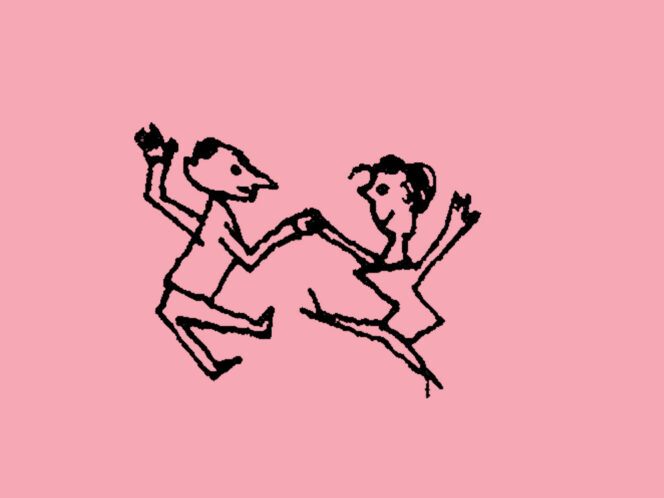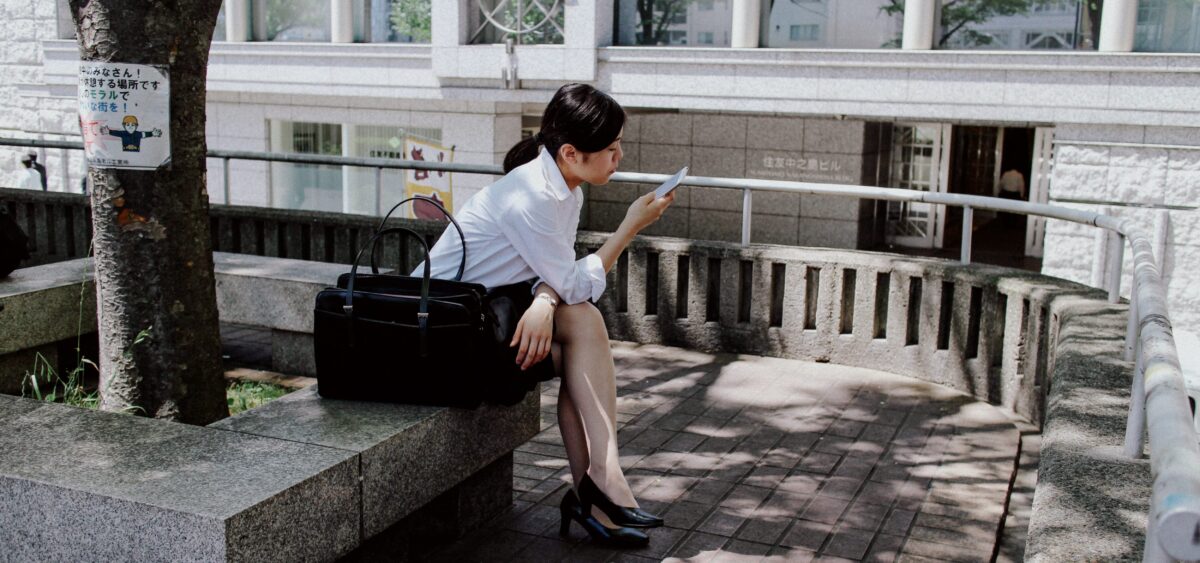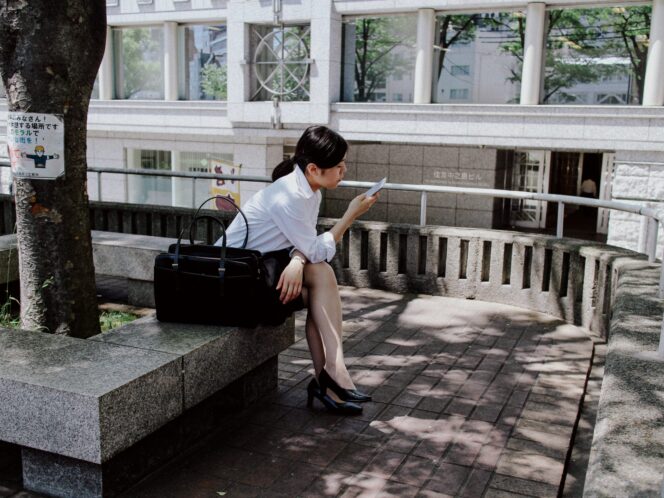
On the Japanese island Okinawa, which is hot like lava and full of ghosts, soldiers and blissful views, people live much longer than in other parts of the world. What is the secret behind their longevity? With a dose of dark humour typical of the Japanese, my friend once told me something that stayed in my memory for a long time: “If you were born in Okinawa, and you happen to sneeze, there will always be someone to respond: a soldier from the military base, a family member, or a stray ghost.”
I remember this joke, since it perfectly captures the spirit of Okinawa – its local nature, unique history and love for folklore. Hailed as the ‘Japanese Hawaii’ or the ‘Galapagos of the East’, it’s a fascinating place full of paradoxes. Its tropical climate and azure waters intermingle with memories of the bloody battles of World War II. In the Okinawa Prefecture, there are still 26,000 American soldiers, which accounts for more than half of the US troops now stationed in Japan (their military presence is disapproved of by 80% of the Japanese). Located south of the island of Kyushu, Okinawa is closer to Taipei (645 kilometres) than Tokyo (1555 kilometres). Until the mid-19th century, it was an entirely separate country known as the Ryukyu Kingdom, with its own language and rich culture. Nowadays, the Okinawan economy is weak, which comes as no surprise, since only








